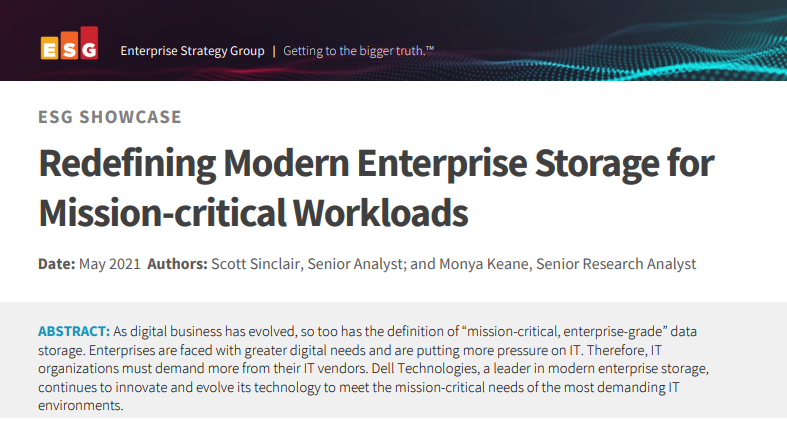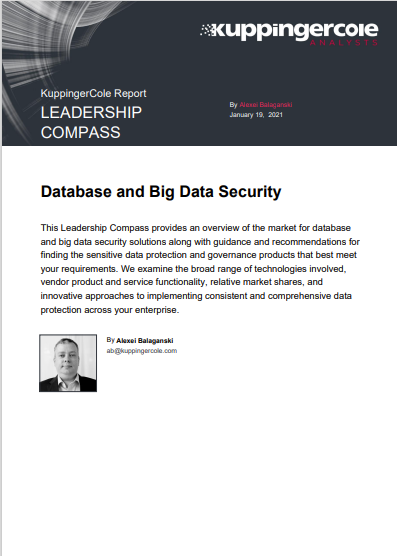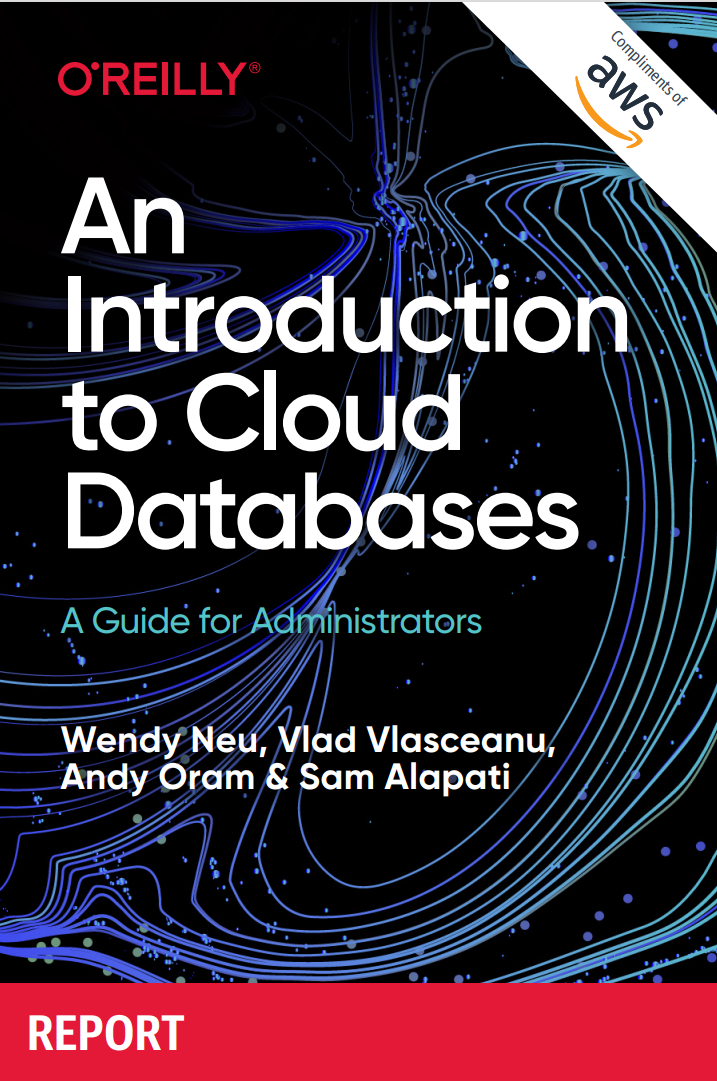6.5TB of Microsoft Bing user data potentially leaked online
A server containing user data was left unprotected in the first week of September, researchers say


Sign up today and you will receive a free copy of our Future Focus 2025 report - the leading guidance on AI, cybersecurity and other IT challenges as per 700+ senior executives
You are now subscribed
Your newsletter sign-up was successful
Approximately 6.5TB of Microsoft Bing user data may have been left exposed online for two days after an Elasticsearch sever was left unsecured and open to the internet.
Data relating to search queries, device details, and GPS coordinates were found in a database by online security site WizCase, which was then able to trace the server back to Bing's mobile app.
The server was said to be growing by as much as 200GB per day while exposed, according to Ata Hakcil, a white hat hacker who also served as lead investigator for the website.
A link between the server and Bing was eventually found after researchers ran a search query for "WizCase" on the Bing mobile app and then paired the query data with that held on the server.
Exposed data included search terms in clear text, search times, locations, notification tokens, a partial list of URLs users visited from their search results, device models they used, their operating systems and three separate ID numbers (ADID, deviceID and devicehash) assigned to each user.
The server is believed to have been password protected until around the 10th September, with the server eventually being discovered by the WizCase team two days later. By the 16th September, Microsoft had been alerted and had encrypted the server once more.
The team believes that anyone who had used Bing's mobile app for internet searches between the 10th and 16th September may have had their data leaked online.
Sign up today and you will receive a free copy of our Future Focus 2025 report - the leading guidance on AI, cybersecurity and other IT challenges as per 700+ senior executives
Researchers also believe that during this period the database was subject to what's known as a "meow" attack – an automated attack that targets unsecured Elasticsearch servers and destroys huge volumes of data without explanation or reason.
Bobby Hellard is ITPro's Reviews Editor and has worked on CloudPro and ChannelPro since 2018. In his time at ITPro, Bobby has covered stories for all the major technology companies, such as Apple, Microsoft, Amazon and Facebook, and regularly attends industry-leading events such as AWS Re:Invent and Google Cloud Next.
Bobby mainly covers hardware reviews, but you will also recognize him as the face of many of our video reviews of laptops and smartphones.
-
 Microsoft Copilot bug saw AI snoop on confidential emails — after it was told not to
Microsoft Copilot bug saw AI snoop on confidential emails — after it was told not toNews The Copilot bug meant an AI summarizing tool accessed messages in the Sent and Draft folders, dodging policy rules
-
 Cyber experts issue warning over new phishing kit that proxies real login pages
Cyber experts issue warning over new phishing kit that proxies real login pagesNews The Starkiller package offers monthly framework updates and documentation, meaning no technical ability is needed
-
 P2PInfect self-replicating Rust worm discovered attacking Redis instances
P2PInfect self-replicating Rust worm discovered attacking Redis instancesNews Researchers believe that the worm could be laying the groundwork for a larger campaign to be launched at some point in the future
-
 Redefining modern enterprise storage for mission-critical workloads
Redefining modern enterprise storage for mission-critical workloadsWhitepaper Evolving technology to meet the mission-critical needs of the most demanding IT environments
-
 MWC 2023: Huawei launches 'world's best' ransomware detection system
MWC 2023: Huawei launches 'world's best' ransomware detection systemNews Huawei claims its Cyber Engine database security system has a 99.9% detection rate, but experts have been quick to weaken the sentiment
-
 Dutch hacker steals data from virtually entire population of Austria
Dutch hacker steals data from virtually entire population of AustriaNews The data was stolen from a misconfigured cloud database found by the attacker through a search engine
-
 IRS mistakenly publishes 112,000 taxpayer records for the second time
IRS mistakenly publishes 112,000 taxpayer records for the second timeNews A contractor is thought to be responsible for the error, with the agency reportedly reviewing its relationship with Accenture
-
 Database and big data security
Database and big data securityWhitepaper KuppingerCole 2021 Leadership Compass Report
-
 Modernise your legacy databases in the cloud
Modernise your legacy databases in the cloudWhitepaper An introduction to cloud databases
-
 Microsoft Azure flaw exposed 'thousands' of customer databases
Microsoft Azure flaw exposed 'thousands' of customer databasesNews Security research Wiz describes Cosmos flaw as "the worst cloud vulnerability you can imagine"
